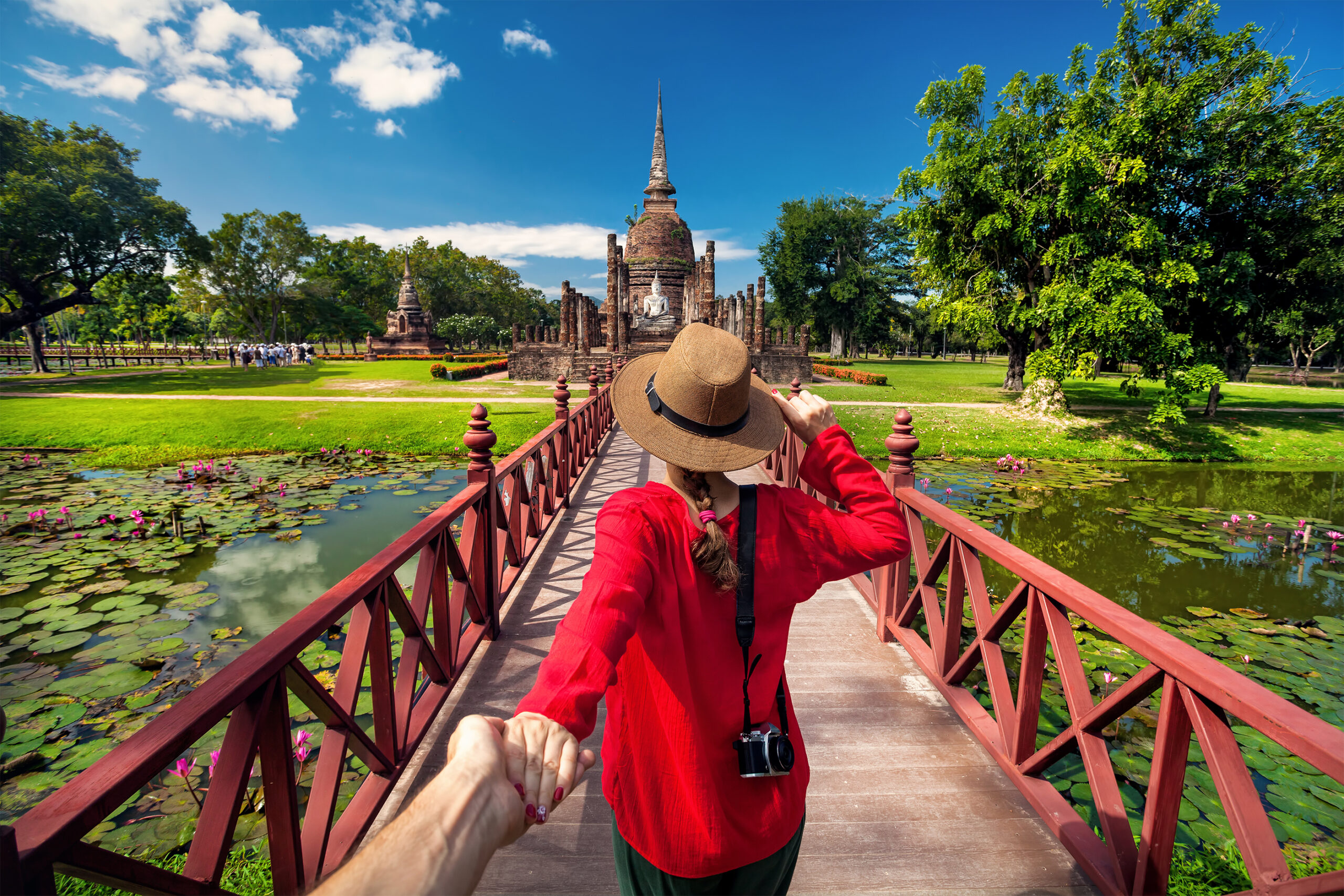Apr 28, 2025
Despite economic uncertainty, we’re seeing travelers continue to prioritize vacations paired with a willingness to spend more on quality. Driven by the trend of intentional spending (where consumers prefer fewer but higher-quality trips), travelers and brands are leaning into the concept of novelty: seeking and offering experiences that feel new or unique. This is especially true for luxury travelers looking for authentic experiences that allow them to connect with local cultures and communities.
This trend is coupled with a demand for personalization, where travelers seek a curated approach, including the ability to upgrade specific elements of their trips. While events and activities continue to be the cornerstone of trip planning, travel brands are laying the groundwork for significant CX improvements and fresh partnerships to elevate the entire traveler journey.
According to Mintel, the strongest motivations travelers have for taking a vacation this year are to visit a specific destination (50%), to try something new (36%), and to attend a live event (30%).
Brands are responding by curating themed, immersive experiences that tap into these desires. For example, after relaunching its experiences platform, Airbnb partnered with Gladiator II and the Colosseum in Rome to offer an exclusive experience in May 2025. Participants can walk through the historic arena, “train in the art of gladiator combat,” and test skills by facing off against other participants. This is a once-in-a-lifetime experience with cultural and entertainment value that drives organic sharing and word-of-mouth marketing.
“Novel and unique experiences are a great way to augment what the destination has to offer,” says Mike Gallinari, Senior Travel & Leisure Analyst at Mintel. “They can freshen up traditionally high-demand destinations; likewise, they can increase the appeal of less-popular ‘dupe’ destinations, giving visitors a new experience while letting them avoid the crowds of more popular locales.”
With AI impacting the digital marketing landscape, influencer partnerships continue to gain momentum. According to Sprout Social, 59% of marketers aim to partner with more influencers in 2025 than they did last year. Travel brands are tapping into influencer partnerships to boost brand awareness, audience engagement, and build brand credibility.
Priceline’s creative partnership with Kaley Cuoco demonstrates this evolution. By positioning Cuoco as a “travel guru” who encourages consumers to stop “dreamscrolling” and start booking their dream vacations (like attending a March Madness game), they created a relatable, action-oriented campaign. Their “Dream it, Book it Bracket” partnership with DraftKings extended this concept, offering basketball fans special “Buzzer Beater” deals for tournament host cities—combining entertainment, timely relevance, and compelling offers.
In the face of global uncertainty and market fluctuations, the luxury traveler continues to view travel as an important part of their life. Last year, extended stay brands flooded the pipeline in response to the growing trend of longer trips that often include a larger group. This year, we’ve seen countless announcements from hotel brands launching new upscale and luxury properties or partnerships and many airlines adding premium products or benefits.
According to a recent Skift report, travelers identify and consider ‘luxury’ primarily by reputation, available amenities, quality, and exclusivity. The days of one-size-fits-all are over. Luxury is unique to the individual with hyper-personalized, intimate, authentic experiences that span the entire guest journey—from the ambiance of the property to thoughtful culinary options.
In hospitality, luxury is not just about short-term stays but also lifestyle and long-term accommodations. For example, Four Seasons is bringing both hospitality and residential offerings to the Deer Valley project in Park City, Utah. This will be the first luxury alpine village developed in North America in more than 40 years and will boast features like floor-to-ceiling windows and private balconies that offer breathtaking views. Shared luxury amenities will include wellness and fitness facilities with saunas, steam rooms, whirlpools, spa services, an ice rink, indoor sports court, indoor and outdoor pools, and access to more than 50 miles of hiking and biking trails. Guests will be able to choose from four dining options, including a ski-in/ski-out lounge with an outdoor terrace and fireplace.
Today’s travelers seek more than transactions—they crave meaningful experiences that align with their personal interests and incorporate aspirational benefits. To meet this evolving demand, travel brands should consider a more intentional approach to loyalty, incorporating three key elements into their strategy and communications.
Highlight amenities that create a unique value proposition and help your brand stand out from competitors. Focus messaging on how these offerings enhance the travel experience rather than simply promoting price points or discounts. When travelers perceive genuine value, they’re more likely to develop lasting brand loyalty.
Create redemption options that transcend traditional perks through strategic partnerships or proprietary offerings. The gold standard? When travelers plan entire trips around your exclusive experiences. Consider local cultural events, limited-access opportunities, and personalized adventures that money typically can’t buy.
Structure tiered programs that deliver unmistakable exclusivity. Whether serving seasoned luxury travelers or those splurging on a once-in-a-lifetime journey, ensure each touchpoint reinforces their status through personalized service and unexpected delights. Consider partnering with influencers to reach would-be travelers during the dreaming phase.
By focusing on these elements, travel brands can transform transactional loyalty into emotional connection—creating advocates who return not for points, but for experiences they can’t find anywhere else.


